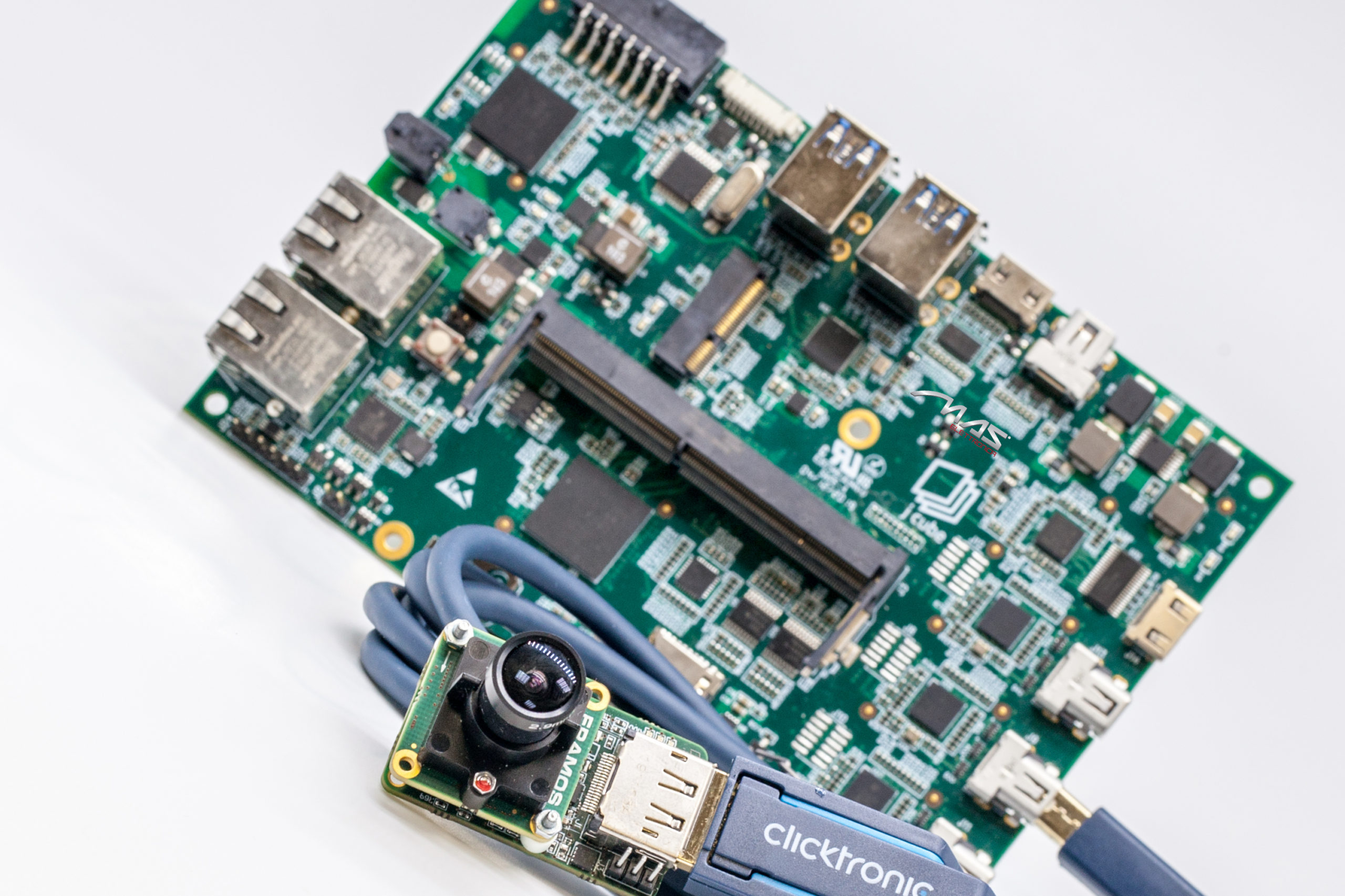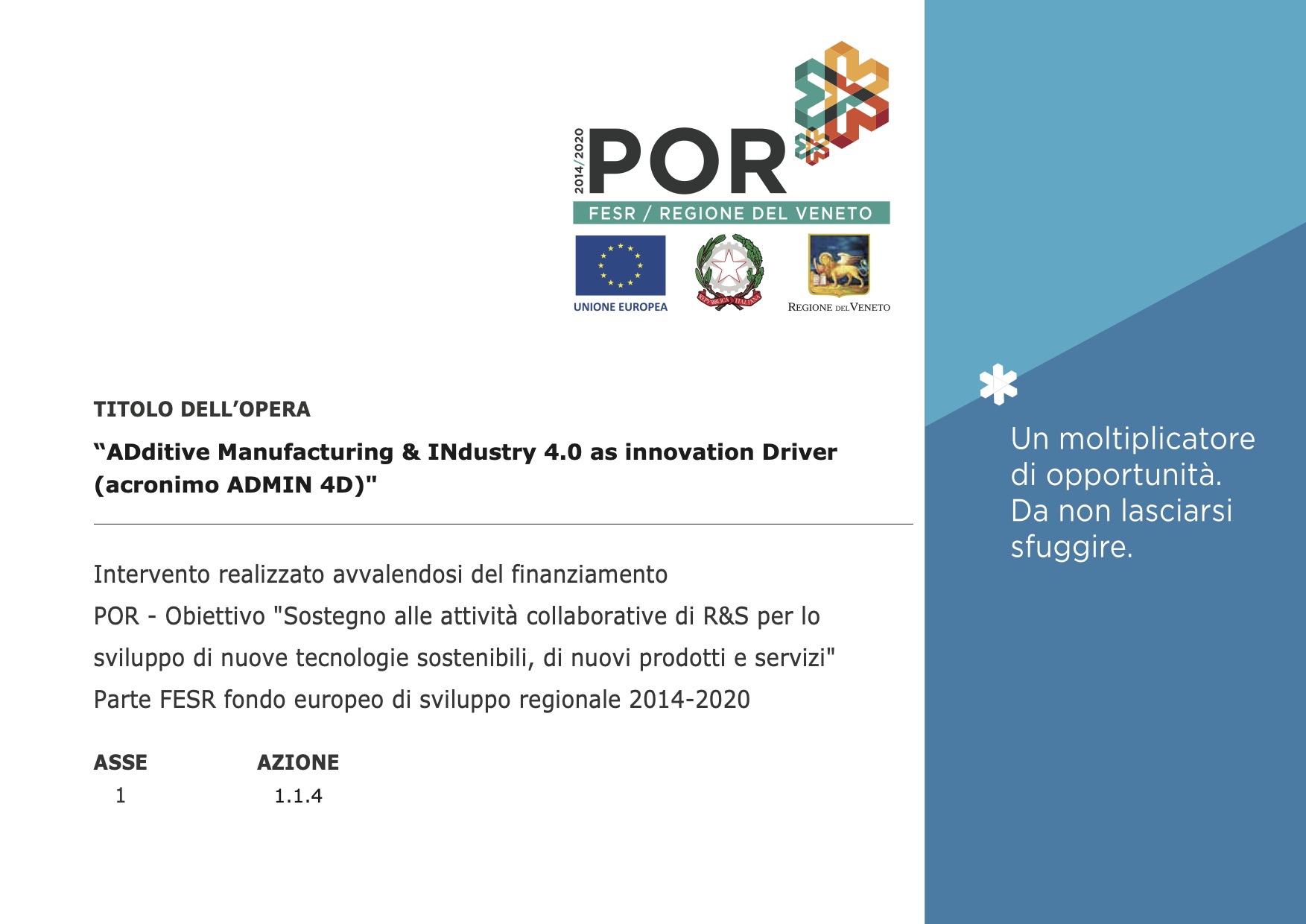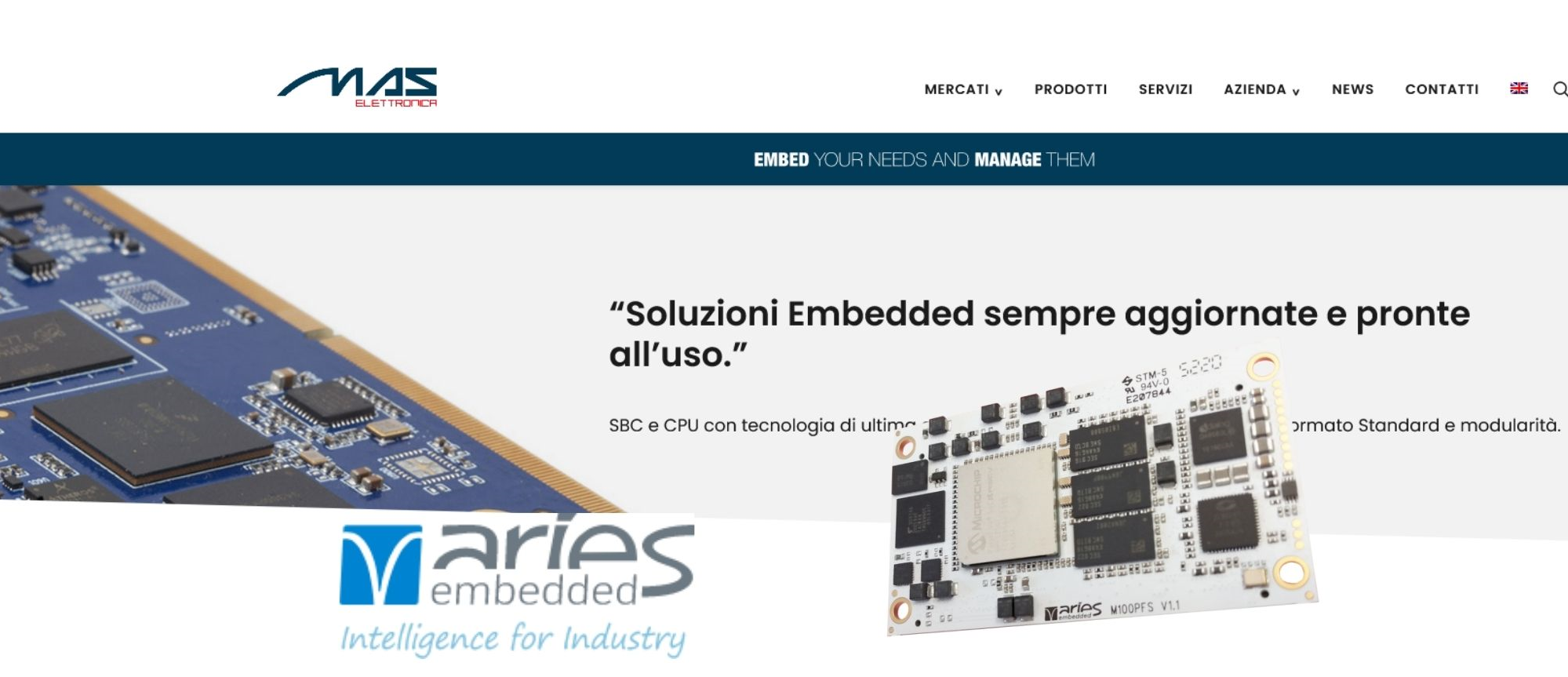Manufacturing Industry: the new trends in Industry 4.0
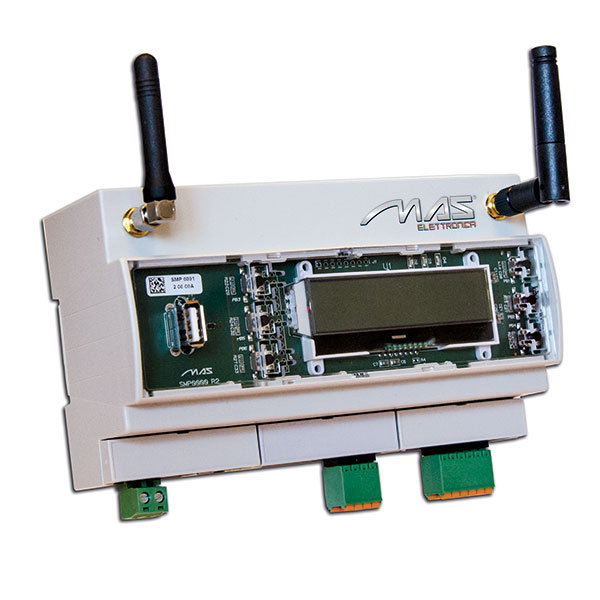 The manufacturing industry is changing fast, from advanced robotics to artificial intelligence, from products for Smart Energy and IOT applications to virtual reality.
The manufacturing industry is changing fast, from advanced robotics to artificial intelligence, from products for Smart Energy and IOT applications to virtual reality.
The world of manufacturing is evolving thanks to the combination of technologies that improve its output and productivity.
Classic industry becomes Smart Factory focused on digitized manufacturing with smoother and more dynamic processes, to make the most of available resources.
The new mission is to increase production quantity, speed and quality and cut waste.
COVID-19 pandemic has prompted the manufacturing industry to forecast demand to avoid excessive consumption, stocks and unnecessary costs.
Manufacturing industry towards the digital future
Let's see together what are the new trends in the manufacturing industry and their advantages:
1. Smart glasses connected to the Internet
Equipped with a small video camera, microphone and headphones. Used for remote training on a new machine or for remote support to see and hear what happens in real-time.
2. Quality control with computer vision and artificial intelligence
An automatic and meticulous system that allows the manufacturing industry to cut inspection times and costs. Capable of finding every small imperfection and set up a range of criteria for quality control on production.
3. Remote work
To be competitive also on the international scene, the manufacturing industry handles Big Data through remote control. Their analysis identifies how to solve problems or offers the best solution to apply with a margin of error close to zero.
Thanks to remote working, workers and employees can work from any distance from the industrial plant and collaborate with colleagues and customers worldwide.
4. Collaborative robotics
Industry 4.0 aims to the progressive automation of production processes through interconnected collaborative robots, used to relieve workers' workload, helping them with complex tasks, but also to cut the work and execution times of the operators.
5. Virtual reality
It allows reliable simulations of new processes related to products before putting them into practice in reality to prevent any issues.
6. Augmented reality
Project virtual images into the real world via wearable devices. For instance, if a machine has an anomaly, augmented reality identifies the problem and projects the solutions by showing them as superimposed images. The benefit is a quick resolution to the problem without opening the operator's manual.
7. 3D printing
Used more and more often in the manufacturing industry for the creation of a piece. There are different
advantages:
- cost reduction due to saving on the materials used to produce the components. In this way, waste and emissions also decrease
- halve production and delivery times
- the previous points improve the relationship between factories and customers
Industry 4.0 Technologies can apply to all sectors of the manufacturing industry that will have real competitive advantages.
Machines will never take the place of man but will make work processes faster and more efficient. The new skills required to manage the digital automation systems will create new jobs.
Nvidia SBC Lightfront: the future of Artificial Intelligence
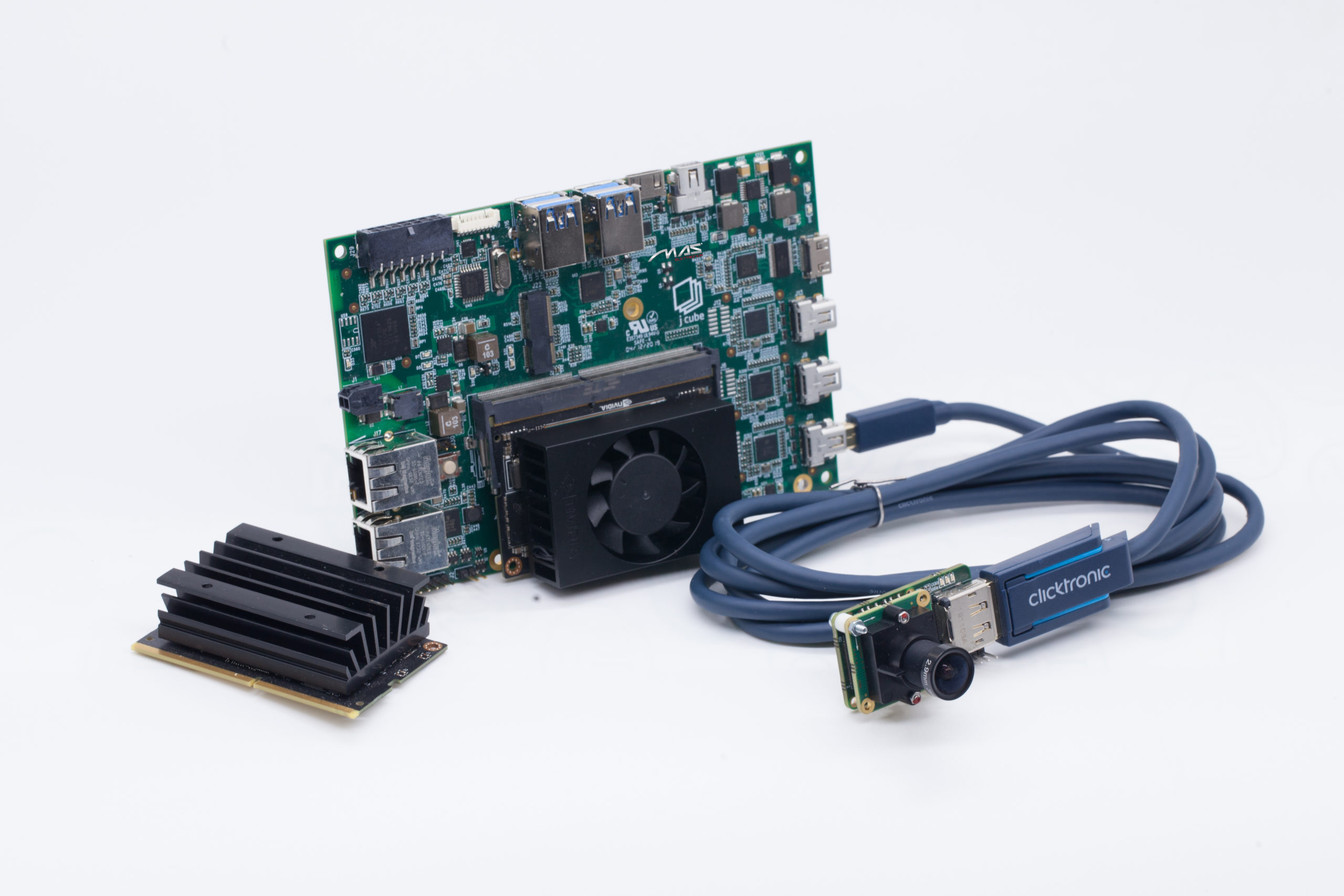 It is important to believe in the benefits that advanced Artificial Intelligence (AI) brings to our lives, to the very evolution of society and the economy, which is why we are proud to announce Nvidia SBC Lightfront.
It is important to believe in the benefits that advanced Artificial Intelligence (AI) brings to our lives, to the very evolution of society and the economy, which is why we are proud to announce Nvidia SBC Lightfront.
It is a compact board that offers all the main PC interfaces directly on the board. The future of the industrial, medical and automotive sectors.
Nvidia SBC: Advanced Artificial Intelligence
Nvidia SBC Lightfront, in fact, is able to increase any product capabilities, adding advanced Artificial Intelligence to the pre-existing features.
Thanks to Nvidia SBC, Artificial Intelligence opens up to applications for embedded systems and IOT, such as in the case of entry-level network video recorders, home robots and intelligent portals able of performing comprehensive analyses.
Furthermore, the exceptional performances of the Jetson platform are able to increase the volumes of processing in real time, like never before, and to accelerate the research, development and distribution of AI solutions.
Technical features:
- 384-core Volta GPU with 48 Tensor Cores
- up to 6 cameras on 24 virtual channels
- NVDIA JETSON NANO and XAVIER NX technology
- 4xCortex A57 at 1.43Ghz
- Maxwell GPU 128-core at 921Mhz
- 3 video inputs up to 4K UHD @ 38fps
- Ethernet: 2x Gigabit
- Video output: 1 x HDMI
Examples of Artificial Intelligence
Artificial intelligence, on which Nvidia SBC Lightfront is based, is a strategic technology that is rapidly developing and spreading around the world.
It can improve healthcare, reduce energy consumption, make cars safer and enable farmers to use water and natural resources more efficiently.
Artificial Intelligence can be used to predict climate and environmental changes, help manage financial risks and reduce production waste in factories. It can also make online transactions and fraud checking safer.
Nvidia SBC: applications
How can Nvidia SBC Lightfront be used?
Transports
We can find real life examples of Artificial Intelligence in the transport sector, where recent studies establish that 95% of road accidents are caused by human errors. Self-driving cars would radically reduce the total accident rate by nearly 90%. Furthermore, the intelligent sensors will be able to process the fastest and most convenient routes in real time, reducing waiting times in traffic, good for workers and commuters.
Medicine
In the medical field, particularly in the diagnostic one, advanced Artificial Intelligence is able to analyse and compare clinical histories and pathological cases, in order to identify details and solutions that often escape the human eye.
With a series of control microchips applied to a patient and connected to a computer, you can monitor vital parameters and can predict possible pathologies, such as a heart attack.
Ethics Guidelines for Trustworthy AI
In Brussels in 2019, the European Union presented the new guidelines of the code of ethics to inspire trust in Artificial Intelligence, where it encourages companies, like ours, to put man at the centre and to guarantee his control, which is essential for the functioning of any technology.
To ensure a trustworthy AI and to promote its use is effective and safe, there are seven key requirements to meet:
1. Human agency and oversight
Do not reduce man's autonomy in favour of complete automation, but improve his actions and his rights.
2. Technical robustness and safety
The algorithms must be safe, reliable and resistant, capable of independently addressing any errors or inconsistencies. The system must be barely vulnerable to external attacks.
3. Privacy and Data governance
Citizens should be in full control of their personal data, which must not be used against them.
4. Transparency
Government agencies and companies should ensure the tracking of data processed by AI systems.
5. Diversity, non-discrimination and fairness
Artificial Intelligence systems in their choices should consider the full range of human capabilities, ensuring accessibility for all age, gender and race.
6. Social and environmental well-being
Artificial Intelligence should increase ecological sustainability, working in favour of social and environmental well-being.
7. Accountability
Mechanisms are in place to ensure accountability for AI systems and their results. Negative impacts should be reported in advance of use.
Our goal with Nvidia SBC Lightfront, in full compliance with the principles of reliable Artificial Intelligence, is the immense potential that this offers to increase the performance of a product and enhance its yield.
Find out more about all the features of Nvidia SBC Lightfront.
ADMIN 4D project: Additive manufacturing and IoT systems in Industry 4.0
Technological innovation of Industry 4.0 employed for raising Manufacturing Companies is the focus of ADMIN 4D project, supported by the Veneto Region - POR FESR 2014-2020 and co-financed by the European Union.
The project was a great opportunity for MAS which has contributed with its know-how and a long expertise in the field of sensors and IoT.
Industry 4.0 and Sustainability
Internet of Things, 3D printing, additive manufacturing, enabling technologies and collaboration between companies: all together to create a synergy between industry 4.0 and sustainability.
We MAS believe that the world of technology and innovation, in which our products are developed, can contribute substantially to renewing the world of industry.
The focus of the ADMIN 4D project is the application of innovative techniques and methodologies of Industry 4.0, into the 3D printing of large minerals.
Typical of Industry 4.0 technologies
In particular, through an innovative system with new generation sensors, which have been put directly into the products, it is possible to handle and automatize production and turning off of printer, as well as the correction of any errors, without need of human intervention.
The sensors inserted in the products transmit data, through a LoraWan network; they will be used for environmental monitoring and life cycle of the artifacts.
In addition to this, through Machine Learning systems, the collected data will be stored and subsequently analyzed.
It is therefore a strongly IoT-oriented project that take advantages of main typical of Industry 4.0 technologies: Big Data Analytics, Cloud Computing and CyberSecurity.
MAS for ADMIN 4D
ADMIN 4D involved a total of 3 companies and 4 research centers, including Desamanera, project leader, which also houses the prototype of a 3D printer for the production of large minerals.
Thanks to over 10 years of experience in the sensors field and in-depth knowledge of IoT systems, Mas played a key role in the definition and choice of sensors to be used within the products,
We are very proud to have contributed with our know-how in a project which combine technology, innovation and eco-sustainability.
Do you want to know more about our innovative approach and the technologies we use for our customers?
Contact us for your projects!
Aries Embedded -Sales Partner in Germany

We are proud to announce our new sales cooperation with Aries Embedded, embedded solutions specialist based in Germany.
''With the broad range of FPGA System-on-Modules and development kits from Aries Embedded, we are extending our comprehensive portfolio beyond CPU modules'' stated Sandro Mascetti, CEO of MAS Elettronica
''With Aries Embedded onboard, we can provide a much broader and better service to our clients for their applications in industrial, medical, and Internet-of-Things''



